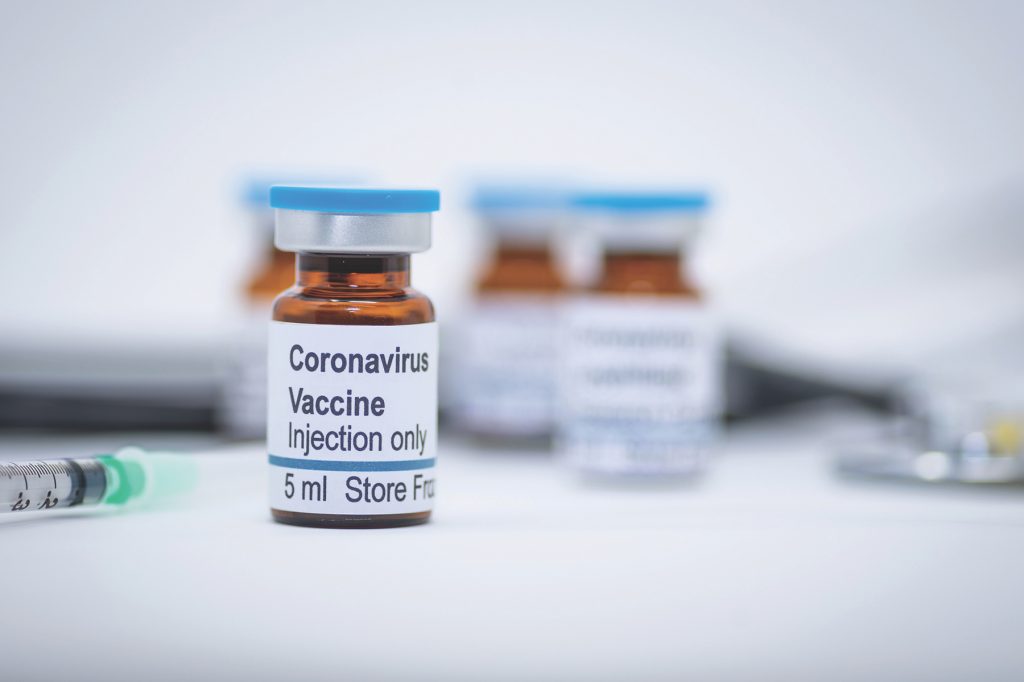London: A COVID-19 vaccine candidate developed by the Oxford University in the United Kingdom has elicited an immune response and reduced the viral load in monkeys exposed to SARS-CoV-2 virus. This information was provided in a study published Thursday in the journal ‘Nature’.
The researchers belong to the National Institute of Allergy and Infectious Diseases in the US and the Oxford University. They found that the ChAdOx1 nCoV-19 vaccine protects the macaques from COVID-19 pneumonia. This disease is a complication of SARS-CoV-2 infection in which the lungs become inflamed and may fill with fluid.
Preliminary results from this research were used to facilitate the start of clinical trials of the vaccine in humans, the researchers noted.
ChAdOx1 nCoV-19 is made from a weakened chimpanzee adenovirus – a group of viruses that can cause a range of illnesses, including the common col. It expresses the SARS-CoV-2 spike protein, a structure that enables the coronavirus to enter human cells.
The researchers show that a single dose of ChAdOx1 nCoV-19, given to six macaques 28 days before exposure to SARS-CoV-2, is effective in preventing damage to lungs and drastically reduces the viral load, when compared with six control animals.
A further six macaques were given a booster course of two doses of the vaccine, at 56 and 28 days before challenge, which increased the immune response, the team found.
The vaccinated animals showed no evidence of immune-enhanced inflammatory disease, which has been observed in some preclinical studies of vaccines against SARS-CoV-2, according to the researchers. They noted that there was no difference in viral shedding from the nose between vaccinated and control animals.
This finding indicates that ChAdOx1 nCoV-19 may not prevent infection or transmission, but may reduce illness, the researchers noted.
The study has led to clinical trials of the ChAdOx1 nCov-19 vaccine, which have enrolled more than 8,000 volunteers as of the beginning of July 2020, they said.
The optimal version of the vaccine is currently being evaluated in clinical trials, said the researchers of this study from Harvard Medical School in the US.
